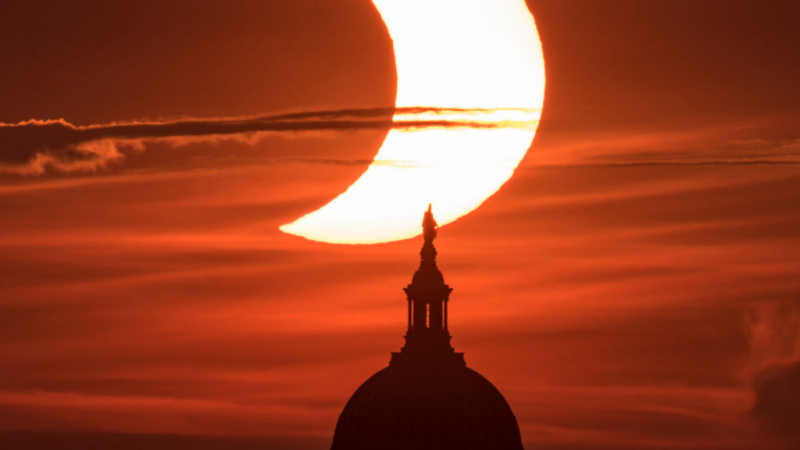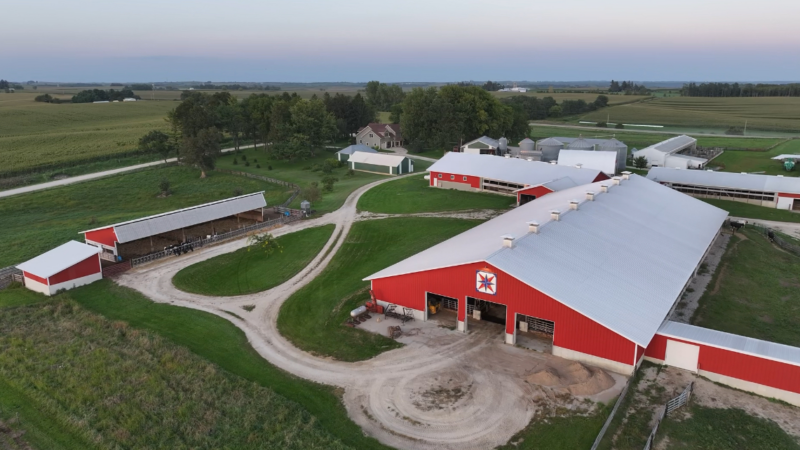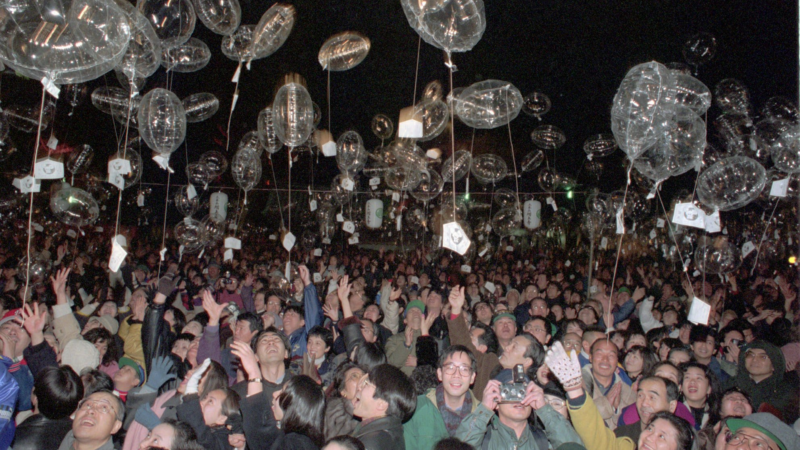Parts of America will experience a partial solar eclipse this weekend
Some Americans will experience a rare celestial treat this weekend when a partial solar eclipse occurs.
The eclipse will be visible in parts of North America on Saturday, according to NASA.
During a partial solar eclipse, the moon passes between the sun and Earth, but the celestial bodies are not perfectly aligned. As a result, only parts of the sun are obscured, causing the sun to appear as a crescent shape.
Here is what to know about the partial solar eclipse and how to see it.
Who will be able to see it?
If you live in the U.S. Northeast, have clear weather and are an early riser, you’re in luck.
The eclipse will be visible from the Washington, D.C., area up to Maine and parts of Canada and across the Atlantic Ocean to portions of Africa and Europe, according to a map from NASA.
It will begin before sunrise in the U.S. and end shortly after 7 a.m. ET. The maximum coverage for those in Washington, D.C., is expected at 6:59 a.m. ET, while Buffalo, N.Y., will experience its peak at 7:05 a.m. ET, the agency says. A partial eclipse can last between 70 and 80 minutes, depending on one’s location, according to NASA.
However, the visibility of the partial eclipse will vary based on where you live.
For instance, Washington, D.C., is expected to see only 1% coverage of the eclipse, while Portland, Maine, is predicted to see 64%.
Do I need special equipment?
If you plan to catch the eclipse, you will need to use special equipment such as eclipse glasses or handheld viewers. Both contain special filters designed to protect your eyes.
Regular sunglasses, no matter how dark, will not sufficiently protect your eyes when viewing the partial eclipse. Looking directly at the sun can cause significant eye damage, including burns and even permanent vision loss, according to the American Academy of Ophthalmology. The American Astronomical Society, on its website, provides a list of suppliers that carry safe solar eclipse glasses and handheld viewers.
If I miss it, when can I see the next solar eclipse?
If you live in the United States, you will have to wait a while for the next opportunity.
The next partial solar eclipse will take place Sept. 21 but will not be visible in the United States. An annular solar eclipse, which happens when the moon is at or close to its farthest point from Earth and passes between the sun and our planet, will occur on Feb. 17, 2026, and will also not be visible from North America. However, a total solar eclipse, during which the moon passes between the Earth and sun, completely blocking out the star, will be visible in parts of North America, including the U.S., on Aug. 12, 2026.
Out with the mayo: How Ukrainians reclaim holiday food
For many people from former Soviet countries, New Year's is a big holiday feast time. A Ukrainian restaurant in Washington gives NPR a taste of what's on the menu.
His brother’s mental illness isolated his family. Now he’s helping other caregivers
When it comes to serious mental illness, family caregivers are crucial partners. But often, they must fend for themselves. A new solution offers them support.
50 wonderful things from 2025
Each year, critic Linda Holmes looks back on the year and compiles a list of the things that brought her joy.
Farmers are about to pay a lot more for health insurance
Tariffs, inflation, and other federal policies have battered U.S. farmers' bottom lines. Now many farmers say the expiration of federal health care subsidies will make their coverage unaffordable.
Why do we make New Year’s resolutions? A brief history of a long tradition
One of the earliest mentions of New Year's resolutions appeared in a Boston newspaper in 1813. But the practice itself can be traced back to the Babylonians.
Judge orders new trial for Alabama woman sentenced to 18 years in prison after stillbirth
Lee County Circuit Judge Jeffrey Tickal vacated Brooke Shoemaker’s 2020 conviction for chemical endangerment of a child resulting in death. Tickal said Shoemaker's attorneys presented credible new evidence that the infection caused the stillbirth.








